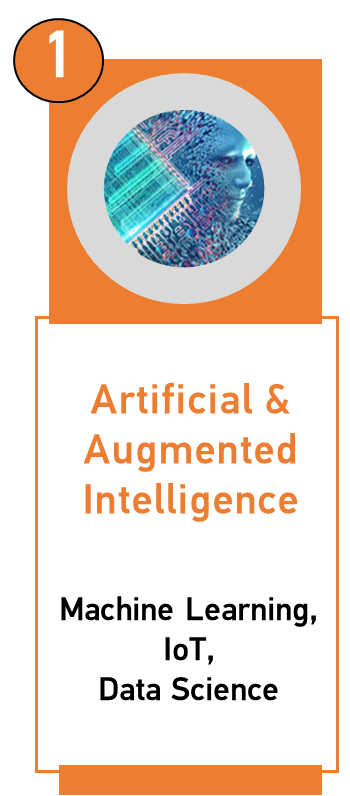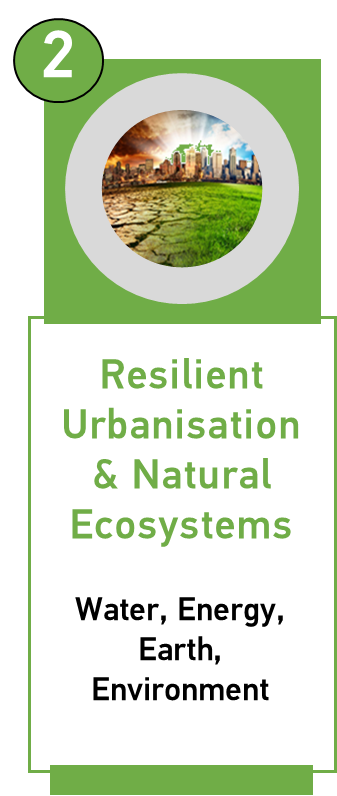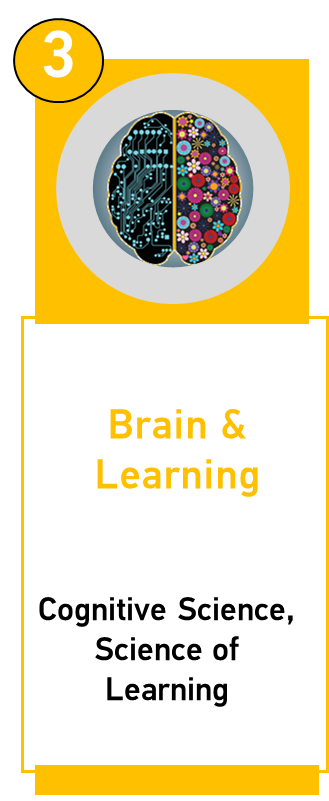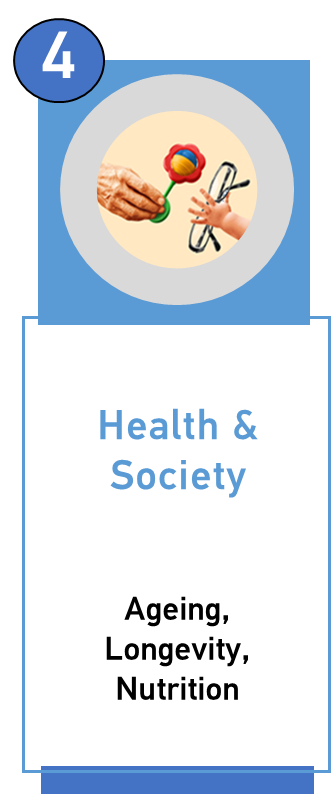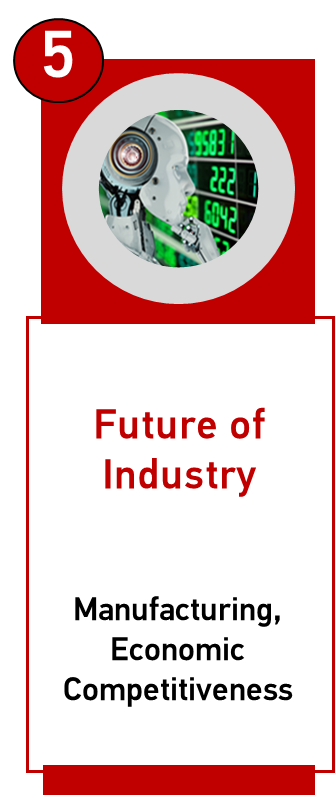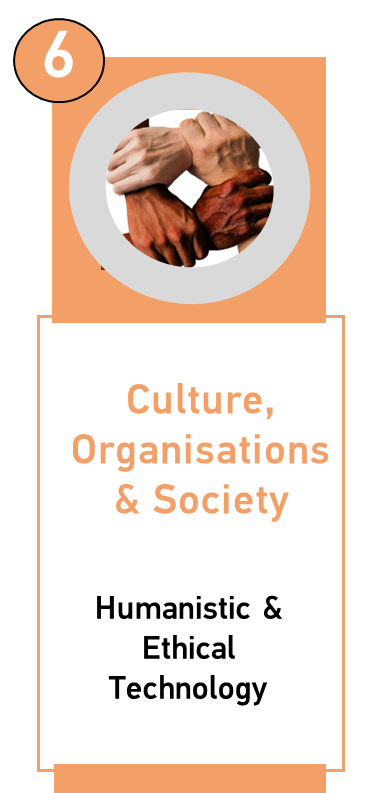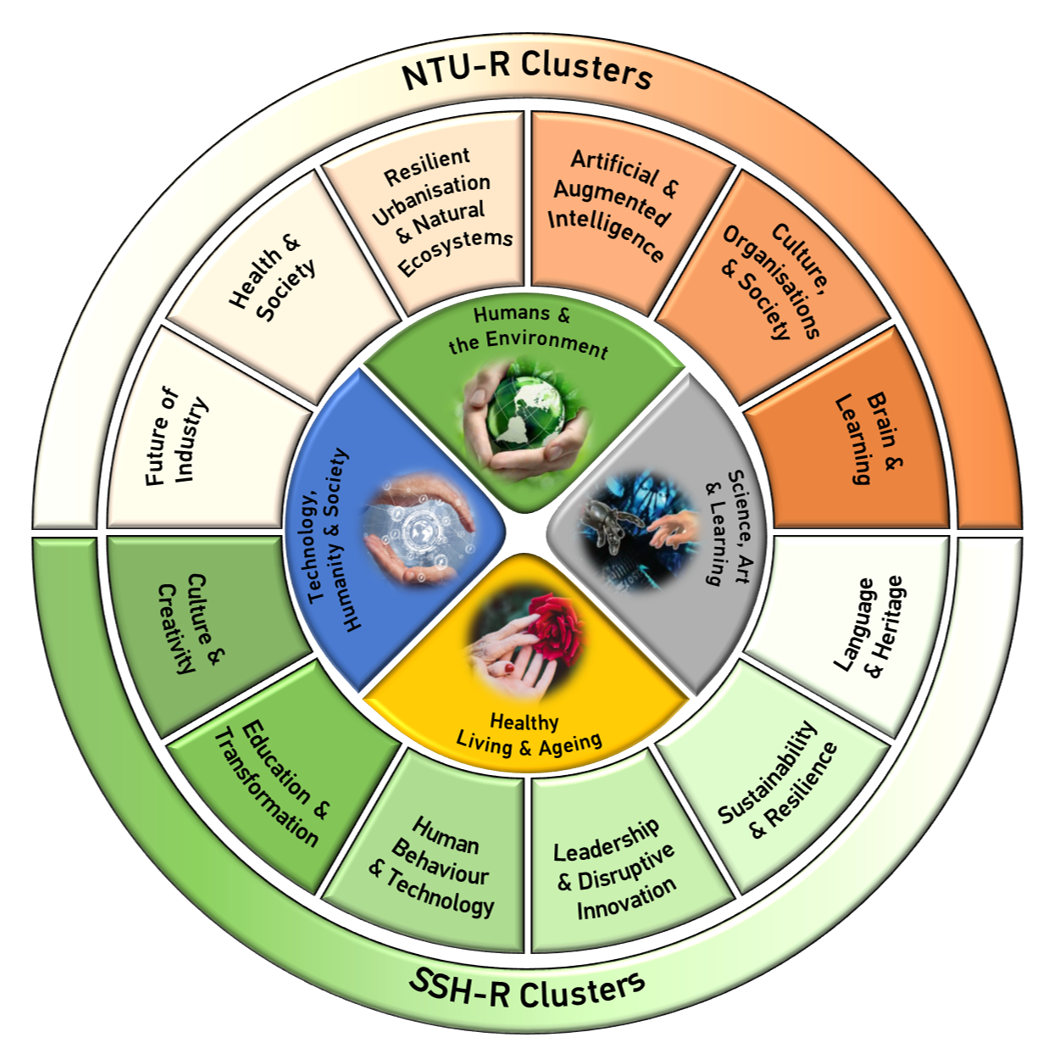
Discovery ● Learning ● Realisation
The NTU 2025 blueprint describes a whole-of-university framework where researchers from all disciplines and with aspirations spanning curiosity-driven questions to solving pressing technological and societal needs can find a space to contribute.
NTU 2025 embraces the ‘Knowledge Triangle’ – education, research, and innovation – to enhance organisational resonances within the Colleges, Schools, Institutes, Centres and Programmes. It accommodates advances in science and technology, a rapidly changing socio-economic environment and engages with evolving national needs while maintaining continuity with renewal.
It is axiomatic that team-based and interdisciplinary collaborations transcending traditional boundaries are essential for multi-sectorial research that cuts across the public and private sectors. When seeking solutions to grand challenges addressing key societal and cultural problems, this approach is especially valuable. Therefore, the NTU-R 2025 research plan is anchored by six Research Clusters. In addition, harnessing the diversity of research in NTU, the Social Science and Humanities Research 2025 (SSHR 2025) strategic plan comprising of six SSHR clusters aims to position NTU at the forefront of research in the fields of arts, social sciences, humanities, education, and business.

